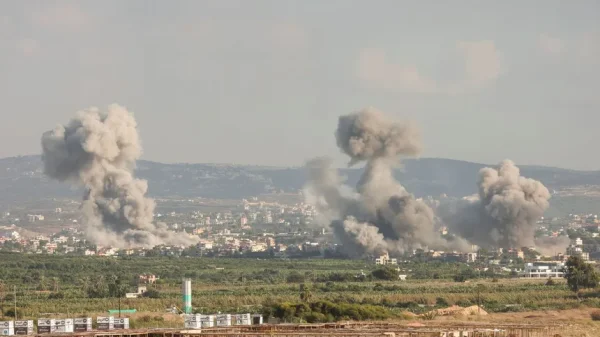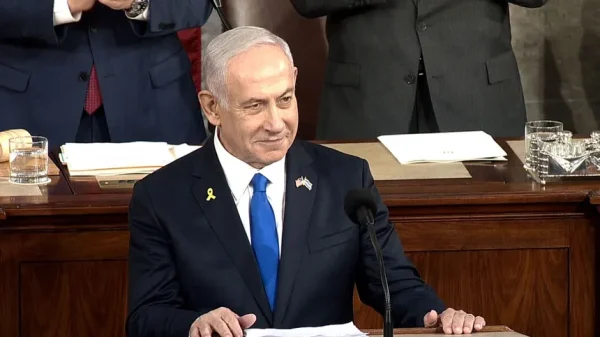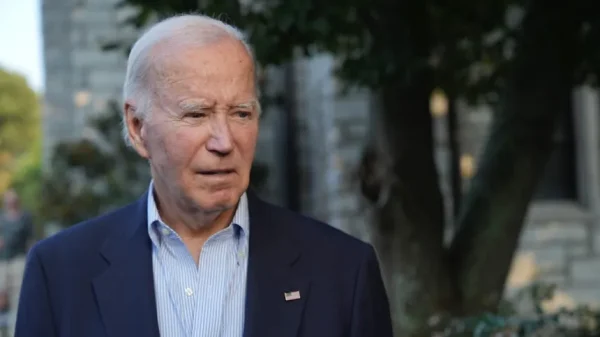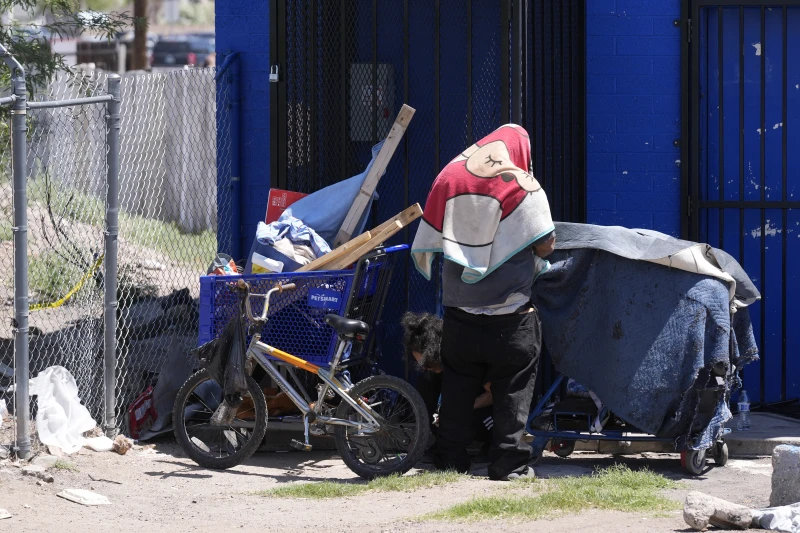Afraid of being attacked in a shelter, Pearl Marion stayed with family and friends last summer to avoid sleeping outside during Phoenix’s scorching heat.
This year, the 65-year-old plans to spend hot summer nights at the city’s main library in a former cafeteria, sleeping in a chair with cool air, chilled water, and security guards to protect her belongings.
“I love this place,” Marion said, where others also napped and charged their phones. Newcomers were offered assistance with housing, substance abuse, or air conditioning repair.
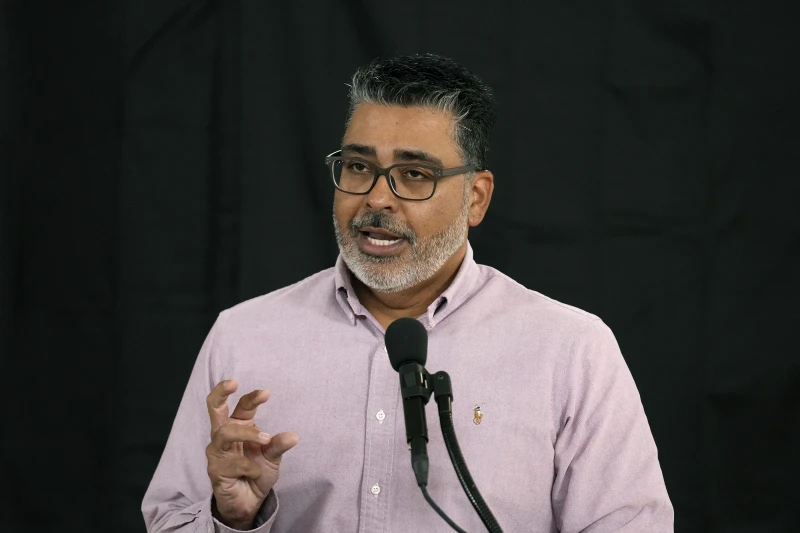
Dr. Eugene Livar speaks during a news conference (Via Evan Black/Shutterstock)
Two overnight spaces opened in early May after Maricopa County recorded a troubling 645 heat-related deaths last year, up from 425 in 2022.
Arizona Governor Katie Hobbs declared a state of emergency in 2023 after Phoenix endured a 31-day stretch with temperatures over 110 degrees Fahrenheit (43.3 degrees Celsius). This year, Phoenix has already seen temperatures hit 100 F (37.7 C) multiple times.
“People need cooling centers open longer, including weekends,” said Dr. Rebecca Sunenshine, medical director at the Maricopa County Department of Public Health. “We also learned it’s crucial to help people locate cooling centers and other resources for relief from the heat.”








